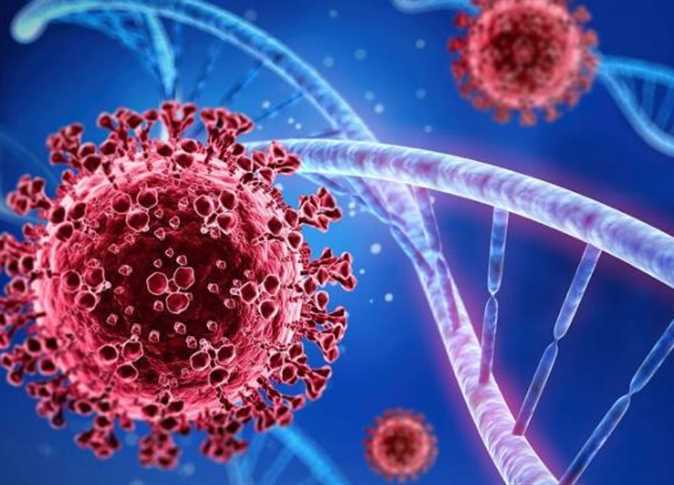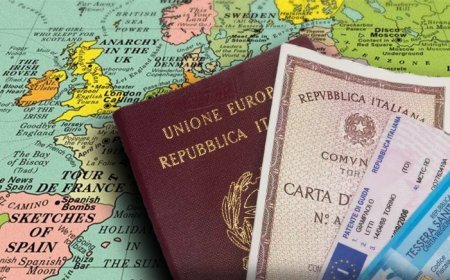Did you gather in large groups for the holidays? A virus may be your post-holiday present

Every year since the start of Covid-19, there has been a surge in coronavirus activity after Christmas, New Year’s Eve and other winter holidays.
Even before the holidays this year, the US Centers for Disease Control and Prevention had already warned that Covid-associated hospitalizations were rising, along with hospitalizations for influenza and the respiratory syncytial virus (also known as RSV).
While many people took steps prior to and during holiday gatherings to reduce their risk of contracting these viruses, others engaged in large get-togethers with higher-risk exposure. What can they now do to decrease virus transmission to vulnerable family members? If they develop symptoms, what should they consider in deciding what to do — for instance, when to get tested, seek medical care, and stay home from work or school?
To help us with these questions, I spoke with wellness expert Dr. Leana Wen. Wen is an emergency physician and professor of health policy and management at the George Washington University Milken Institute School of Public Health. She previously served as Baltimore’s health commissioner.
CNN: What steps should people who attended large gatherings over the holidays take now to decrease transmitting Covid-19 and other viruses to vulnerable family and friends?
Dr. Leana Wen: With so much virus activity around us at the moment, people who have been attending large gatherings and otherwise participating in activities in indoor crowded spaces with minimal precautions should be aware that they could have picked up the coronavirus, influenza, RSV, or any number of circulating viruses. Even if they are not concerned about getting ill themselves, they should try to reduce the possibility of transmitting these viruses to vulnerable individuals with whom they have close contact.
For instance, consider postponing a visit to a relative who is a resident in a nursing home or who has had an organ transplant and is on immunosuppressant medications. If the visit is already scheduled, plan to have it outside. If it must be inside, both of you should wear well-fitting, high-quality masks. Avoid sharing a meal indoors.
CNN: Does this apply even for people who don’t have symptoms?
Wen: Yes. You could be infected and asymptomatic. You could also be pre-symptomatic, meaning that you could be contagious and could develop symptoms in the days to come. Don’t take the chance of getting someone else sick. It’s best to avoid close contact with vulnerable individuals in the week or so after your high-exposure events.
CNN: What about testing prior to seeing your loved ones?
Wen: You could take a rapid home antigen test that would screen for Covid-19. This test won’t find 100% of coronavirus cases, but it can help to identify people who have a high viral load. The problem, though, is that there aren’t home tests for other viruses, so a negative coronavirus test does not mean that you couldn’t also be carrying flu, RSV or other contagious pathogens. That’s why, out of an abundance of caution, it’s sensible to take the steps above when interacting with someone who is particularly vulnerable to severe illness from respiratory viruses.
CNN: If someone develops symptoms, should they immediately get tested? And if so, for what?
Wen: It’s no surprise that some people who attended large events will subsequently develop symptoms of coughing, sneezing, fever and such. Not everyone with symptoms needs to get tested. The most important reason to be tested is if they intend to take antiviral medications for Covid-19 and influenza. If they are eligible for treatment, they should seek these two tests and call their health care provider to find out how they can access these antivirals.
Another reason to test is if they have been around vulnerable individuals who would want to access antivirals themselves if they are positive. That way, if you are positive, you could inform others with whom you’ve had recent exposure. The two most key tests to get are for Covid-19 and influenza, because these are the viruses for which there are specific antiviral treatments.
CNN: When should people seek medical care?
Wen: Most viral symptoms are self-resolving, meaning that they will go away on their own. People can use supportive treatments like rest, fluids and fever-reducing medicines.
I mentioned above that there are individuals who would benefit from specific antiviral therapy for Covid-19 and the flu. Those eligible should not delay in contacting their health care providers because it’s essential to start the antivirals early in the course of their illness. This includes elderly individuals and those with chronic underlying illnesses, who are more likely to become severely ill if they were to contract these viruses.
Other individuals who are especially prone to negative outcomes from respiratory illnesses should also contact their providers on the early side, too, to ensure that there is proactive monitoring. Such patients would include newborn babies and individuals with severe heart and lung conditions as well as immunocompromising conditions.
For everyone else, symptoms that should lead to seeking medical care include difficulty breathing, chest pain, sustained fevers, and inability to keep down fluids.
CNN: Should people with symptoms stay home from work or school? If so, for how long?
Wen: It’s generally best practice to stay away from others when you are just starting to become symptomatic. That period, when you first develop symptoms, is often the time when you are most likely to spread viruses. It’s not enough if you test negative for one virus, since you could have others that are contagious.
In terms of return to work and school, follow the guidelines at your workplace or school. For instance, a lot of schools will ask that kids not return until they are at least 24 hours free of fevers, while not taking fever-reducing medications. Most places probably won’t require people to be completely free of symptoms. After all, even after a mild cold, people often have a lingering cough that could last weeks following the onset of symptoms.
CNN: If people have not yet received their Covid and flu shots, is now too late?
Wen: No. These viruses are still circulating. The CDC is urging patients to receive these shots. There is also an RSV vaccine available to those 60 and older as well. Vaccination reduces the chance of contracting the viruses, and, crucially, decreases the chance of becoming severely ill.
The post Did you gather in large groups for the holidays? A virus may be your post-holiday present appeared first on Egypt Independent.
What's Your Reaction?
 Like
0
Like
0
 Dislike
0
Dislike
0
 Love
0
Love
0
 Funny
0
Funny
0
 Angry
0
Angry
0
 Sad
0
Sad
0
 Wow
0
Wow
0





















































